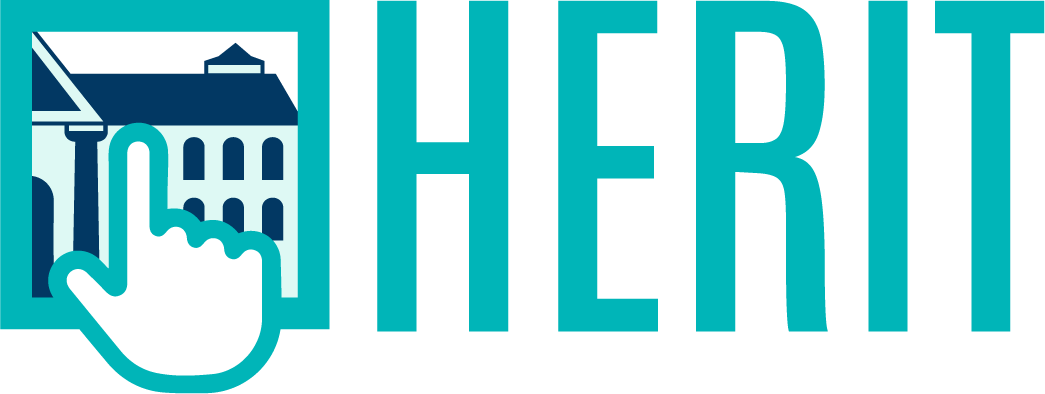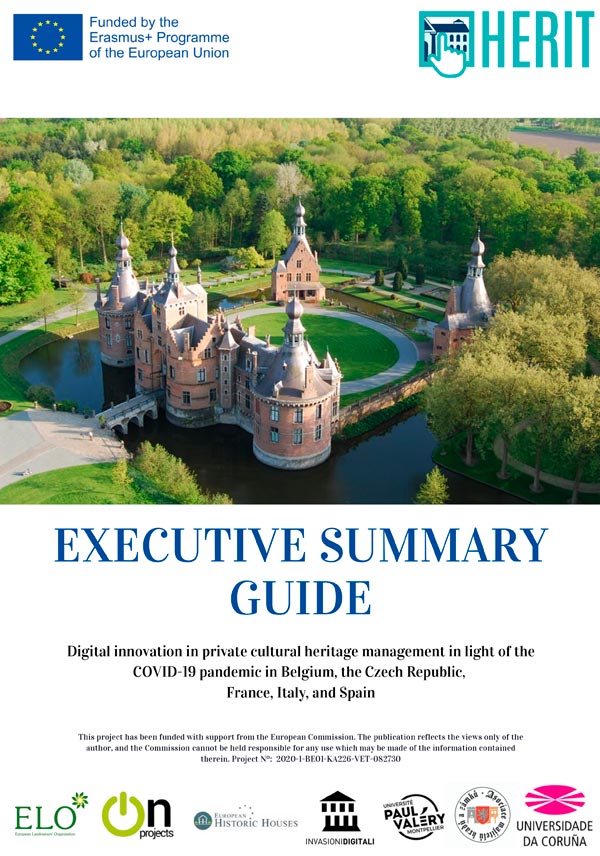Summary Guide
More than 40% of European heritage houses belong to families and provide multiple contributions to the EU including cultural, social, educational and environmental benefits that reach far beyond the physical boundaries of their properties. These contributions help to foster social cohesion across Europe by embodying a ‘European identity’, preserve social ties within rural areas, and make an undoubted contribution to tourism.
However, the COVID-19 crisis has had a dramatic impact on tourism related to heritage houses.
Most houses are completely dependent on public revenue during the spring and summer months. Although in some countries governments have introduced measures to pay wages or finance economic unemployment, some work cannot be done remotely, and many seasonal jobs have been suppressed.
As a result of a lack of visibility, they are not able to maintain and restore the European Common Heritage and are limited in their abilities to employ staff. This ultimately results in the stagnation of local communities where it is their only tourism value.
HERIT will focus on implementing the EU policy recommendations by building capacities of digital skills in partnership with tertiary education as well as national and European organisations.
The general objective of this project is to provide the needed training to private-owners and their employees so that they can overcome the COVID-19 crisis impacts by developing and professionally managing digital activities related to communication and cultural heritage and foster the development, commercialization, and promotion of tourism connected to cultural heritage.

